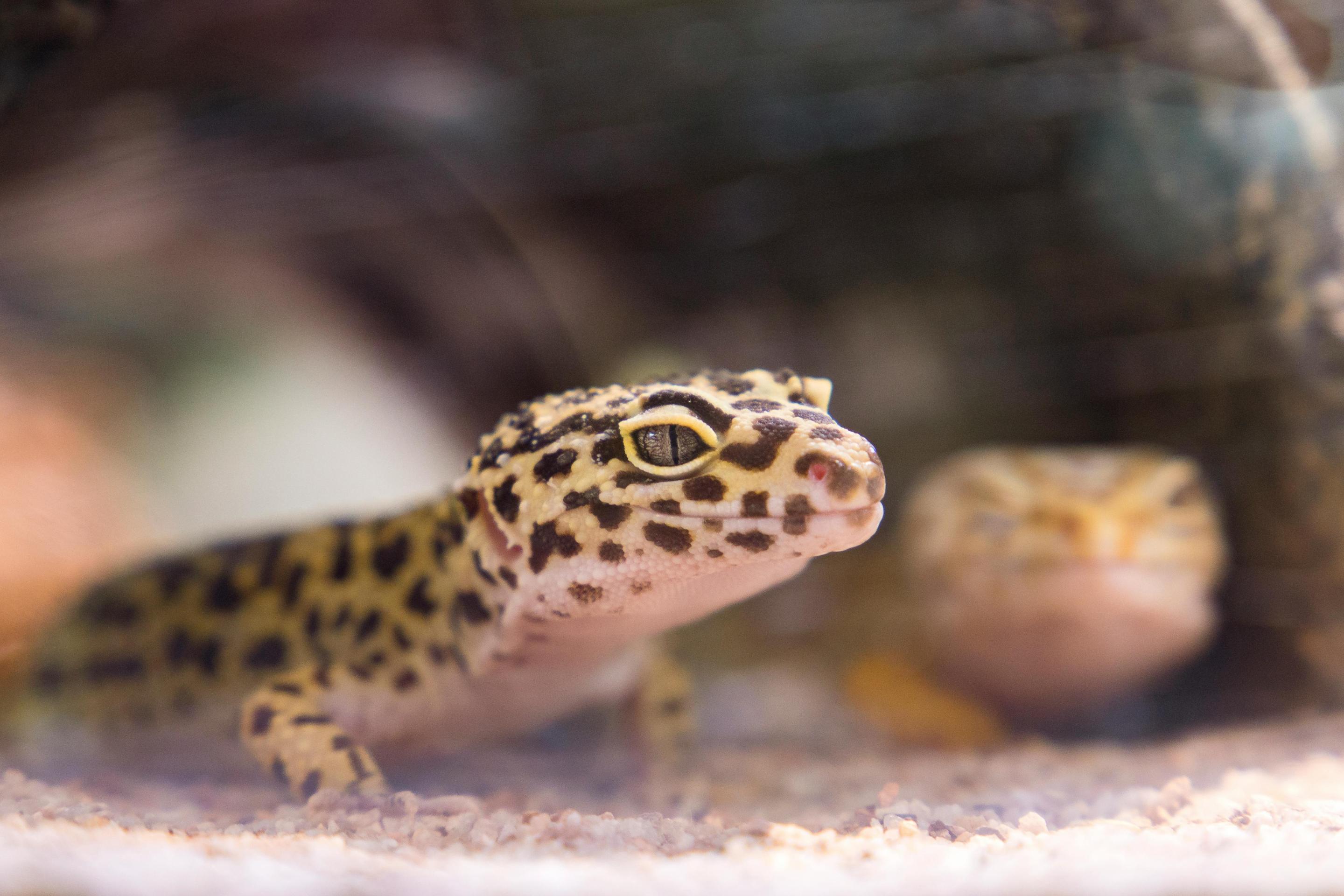As reptile enthusiasts and caretakers, it's essential to ensure our scaly friends are healthy and thriving. One key aspect of reptile health is the Body Condition Score (BCS), a system that helps assess whether your reptile is at a healthy weight. At Ingleside Animal Hospital, we want to provide you with the information you need to properly evaluate and care for your reptile's condition.
What is Body Condition Score (BCS)?
Body Condition Score is a visual and physical assessment tool used to evaluate an animal's fat stores and overall health. For reptiles, BCS helps determine whether they are underweight, overweight, or at an ideal weight. This scoring system is crucial for species such as snakes, lizards, and tortoises, as their health can greatly impact their quality of life.

Why is BCS Important for Reptiles?
Monitoring BCS in reptiles is vital for several reasons:
-
Prevention of Health Issues: Maintaining an ideal weight helps prevent obesity-related conditions, such as metabolic bone disease and cardiovascular issues.
-
Guiding Diet and Nutrition: A proper BCS allows you to adjust your reptile's diet and feeding routine based on their needs.
-
Assessing Growth and Development: For young reptiles, tracking BCS is important to ensure they are growing properly and receiving adequate nutrition.
-
Identifying Underlying Health Problems: Sudden weight changes can indicate health issues that require veterinary attention.
How to Assess BCS in Reptiles
Assessing BCS in reptiles involves a combination of visual inspection and physical examination. Here are some general guidelines to follow:
1. Visual Inspection
- Look at the Body Shape: A healthy reptile will have a well-proportioned body. In snakes, for example, the body should be cylindrical, while in lizards, the sides should be smooth without significant bulges.
- Observe the Spine and Ribs: For most reptiles, you should be able to feel their spine and ribs without seeing them protruding. If they are visible or prominent, your reptile may be underweighted. Conversely, if the ribs are hard to feel and the body appears bulky, they may be overweight.
2. Physical Examination
- Feel the Body: Gently run your fingers along the spine and ribcage. A healthy reptile should have a thin layer of fat covering these areas. If you can easily feel the ribs and spine without significant fat, the reptile may be underweighted.
- Check the Tail: The tail can be a good indicator of body condition. In healthy reptiles, the tail should taper gradually without a pronounced bulge. An overly fat tail may indicate obesity.
3. Consult a Professional
If you’re unsure about your reptile’s BCS, it’s always best to consult with a veterinarian, especially one specializing in exotic pets. They can provide a more accurate assessment and help you develop a plan to maintain or improve your reptile’s health.
Maintaining an Ideal BCS
To ensure your reptile maintains a healthy Body Condition Score, consider the following tips:
-
Proper Diet: Research the dietary needs of your specific reptile species. Provide a balanced diet that meets their nutritional requirements.
-
Regular Monitoring: Regularly check your reptile’s weight and BCS, especially during growth periods or if you notice any changes in appetite or behavior.
-
Create an Enriching Environment: A well-maintained habitat with proper lighting, temperature, and humidity can encourage healthy activity levels and reduce stress.
-
Veterinary Care: Schedule regular check-ups with your veterinarian to monitor your reptile's health and BCS, ensuring any issues are addressed promptly.
Understanding Body Condition Score is a vital part of reptile care that can lead to a longer, healthier life for your scaly friend. We’re here to help you provide the best care for your beloved reptiles!
If you have questions and you'd like to reach out to us, you can call us directly at (602) 833-7511, or you can email us at [email protected]. Don't forget to follow us on social media Facebook, Instagram.
